Former Justice Department official Jeffrey Clark should face professional repercussions, including the possible revocation of his law license, for his close cooperation with former President Trump to undermine the 2020 election.
Clark’s legal team said that his client should not be penalized for his role in the chaotic days before January 6, 2021, when he proposed a plan to urge state legislatures to reconsider certifying the presidential election.
Ultimately, Trump turned down Clark’s plan.
By arguing that the D.C. Bar lacks authority over the actions of federal government attorneys, Clark has spent the better part of two years battling court challenges that aim to dismiss the case entirely. Nonetheless, a federal court denied Clark’s argument, and an appeals court also chose not to intervene to stop the case from proceeding.
According to Hamilton Fox, the chief investigator for the D.C. Bar’s Office of Disciplinary Counsel, Clark’s actions were an attempt at a “coup” inside the Justice Department to depose the current leadership and implement a scheme that would have further muddied the 2020 election. In violation of Department of Justice policy, Clark had unapproved conversations with Trump. He attempted to thwart then-acting Attorney General Jeff Rosen and his deputy Richard Donoghue by threatening to accept Trump’s offer to take over the department unless they agreed to send a letter to Georgia in his proposed format.
New data about the two months in 2020 and 2021 that endangered the peaceful transition of power have been revealed in the disciplinary procedures against the attorneys who were the backbone of Trump’s endeavor.
On Wednesday, a court in California will likely suggest disbarment as a penalty for suspected breaches of professional behavior against John Eastman, who was a key figure in Trump’s effort to undermine the 2020 election. Similarly, Rudy Giuliani’s New York and D.C. legal licenses have been suspended.














